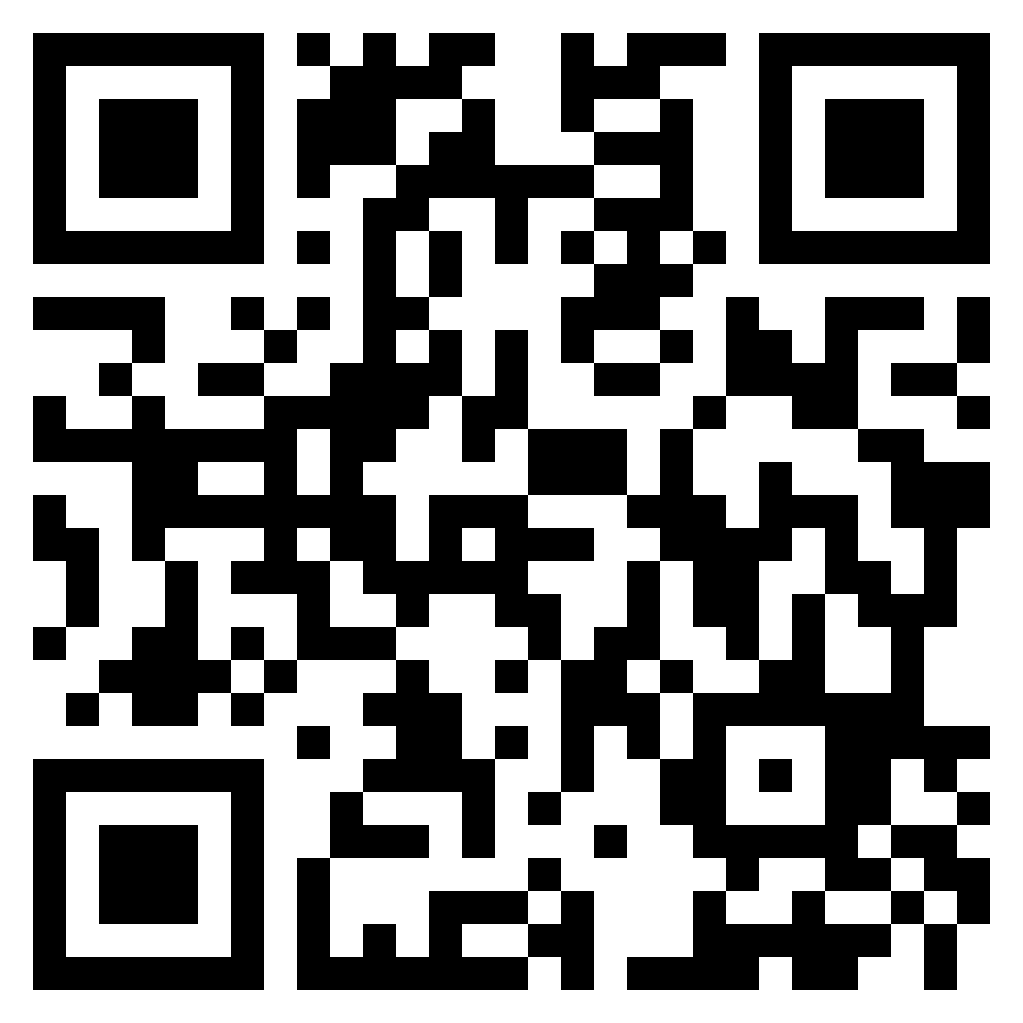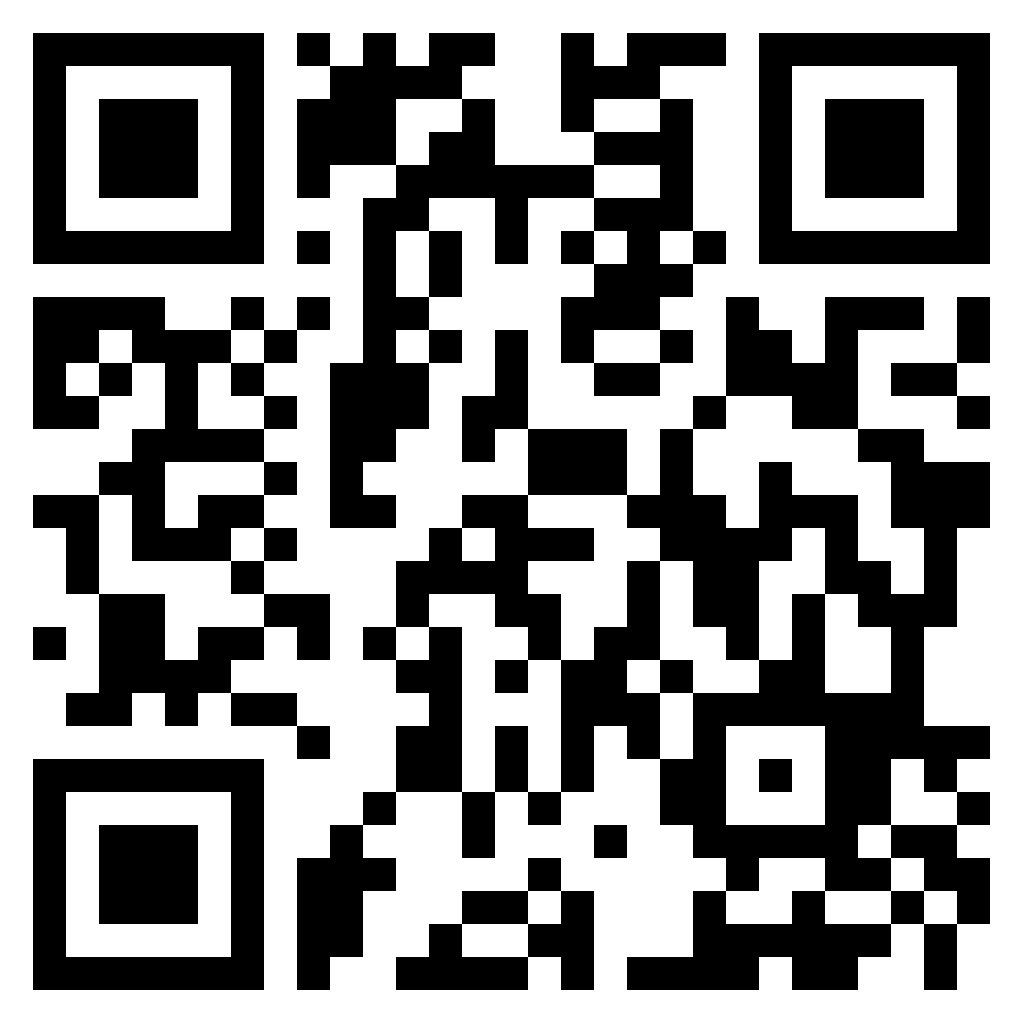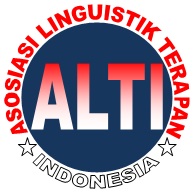Sentiment Analysis and Comment Network of KompasTV YouTube Video on The First Vice-Presidential Debate In 2024 Presidential Election
DOI:
https://doi.org/10.46961/mediasi.v5i3.1435Abstract
The 2024 Presidential Election (Pilpres) in Indonesia is a significant event involving vice-presidential candidate debates (Cawapres). This study aims to analyze sentiment and comment networks on KompasTV's YouTube debate video using a Social Network Analysis (SNA) approach. Data were collected from YouTube comments, analyzed using Netlytic and Gephi to identify public sentiment and key actors. Results show that interactions between actors are relatively easy, with positive comments dominating. The word "Gibran" appears most frequently, indicating attention on one candidate. The user fachrurrozinoorkhomarudin1253 has the highest degree centrality, while Lena_Palma has the highest betweenness centrality, indicating significant influence within the network. Conclusion: The Cawapres debate generates active interactions on YouTube, with public sentiment tending to be positive.
Published
How to Cite
Issue
Section
Citation Check
License
Copyright (c) 2025 Syifa Ayu Salsabilla, Gema Nusantara Bakry, FX. Ari Agung Prastowo

This work is licensed under a Creative Commons Attribution-NonCommercial 4.0 International License.
You are free to:
- Share — copy and redistribute the material in any medium or format for any purpose, even commercially.
- Adapt — remix, transform, and build upon the material for any purpose, even commercially.
- The licensor cannot revoke these freedoms as long as you follow the license terms.















